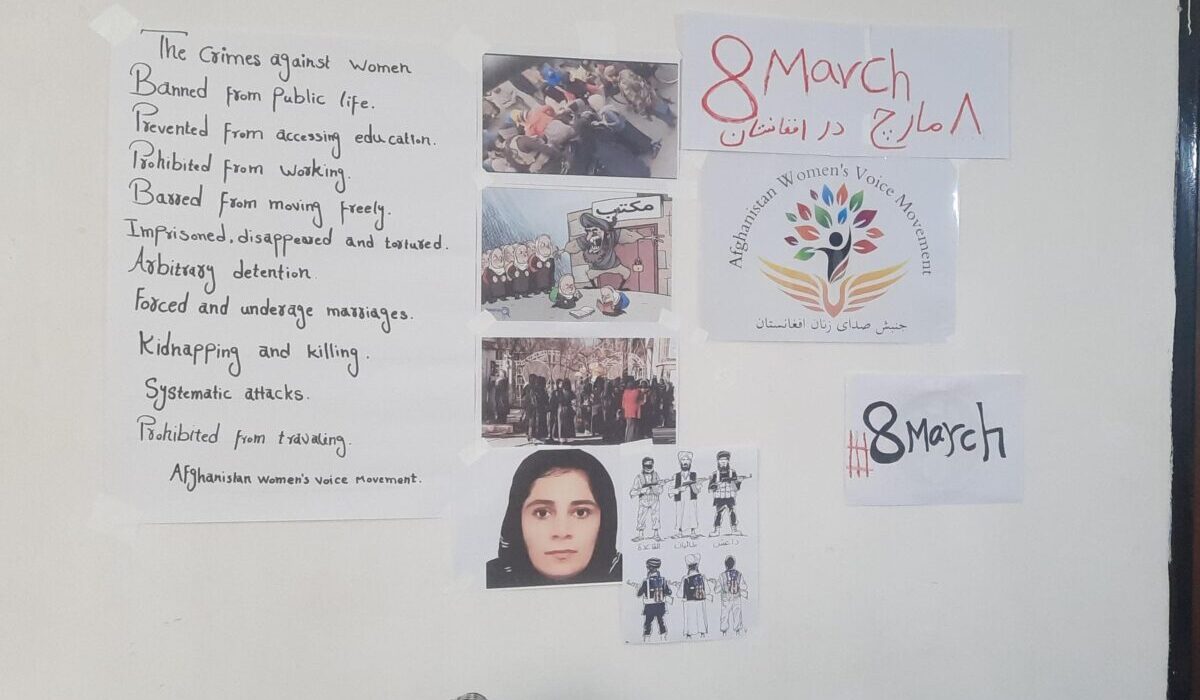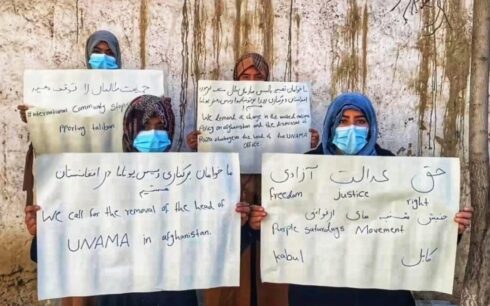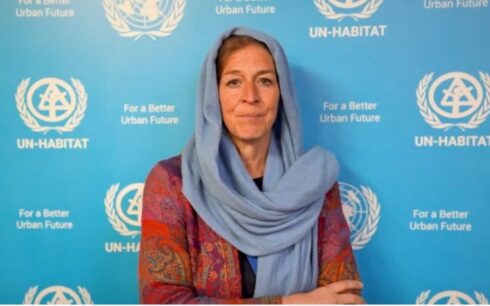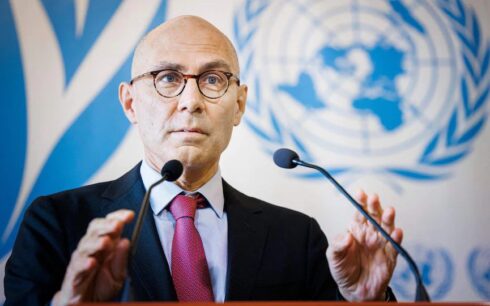International Women’s Day elicited diverse responses from women’s rights defenders, politicians, and human rights organizations across Afghanistan. The United Nations Assistance Mission in Afghanistan (UNAMA) highlighted the severe implications of the Taliban’s restrictions on women and girls, warning of deepening poverty and further isolation for the country. UNAMA urged the cessation of these restrictions.
Protest groups, both within and beyond Afghanistan’s borders, implored the international community to halt engagements with the Taliban. Describing the group as “misogynistic,” entities such as the Resistance Front, the Freedom Front, and the Resistance Council voiced their opposition.
Former President Hamid Karzai appealed to the Taliban to reopen educational institutions for female students. One woman, overwhelmed by the harsh realities under Taliban rule, cried out for justice, advocating for the eradication of the Taliban’s self-imposed governance and demanding accountability for gender apartheid. “Right, Justice, Freedom,” she proclaimed.
During a demonstration, some women tore up a photograph of the Taliban’s supreme leader, Hibatullah Akhundzada, accusing the Taliban of systematically excluding women from society through oppressive policies. Nilab Amerkhail, from the women’s rights group Junbish Sadae Zanan, lamented the curtailment of Afghan women’s rights to education and participation in public life.
Roza Otunbayeva, the head of UNAMA, characterized Afghanistan’s situation as a “catastrophic and deliberate disinvestment,” detrimental to women and girls and obstructive to sustainable peace and prosperity. Meanwhile, Richard Bennett, the UN special rapporteur for Afghanistan, demanded the release of women’s rights defenders detained by the Taliban and emphasized the necessity of women’s full and meaningful societal participation.
Kanni Wignaraja, Assistant Secretary-General, Assistant Administrator, and Director of the Regional Bureau for Asia and the Pacific at the UN, identified the lack of educational access for girls as Afghanistan’s most pressing challenge.
In Islamabad, Afghan women protestors declared any recognition of the Taliban as their “redline,” calling for additional international sanctions against the group. Junbish-e Arghawan, a women’s rights advocacy group, organized protests in Takhar, Balkh, and Kabul on Friday, advocating for the Taliban’s isolation and acknowledgment of “gender apartheid” within the country. “The Taliban has stripped women of all their freedoms and Islamic rights, confining them to their homes,” protester Masouma Mohammadi stated.
Abdullah Abdullah, former Chairman of the High Council for National Reconciliation, expressed hope for the restoration of Afghan women’s rights.





